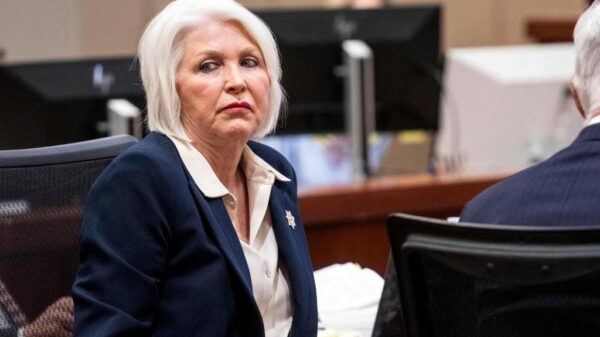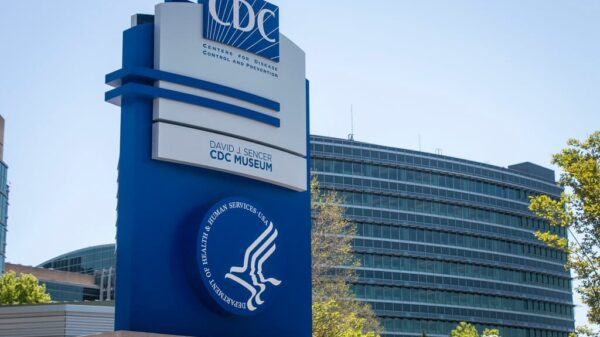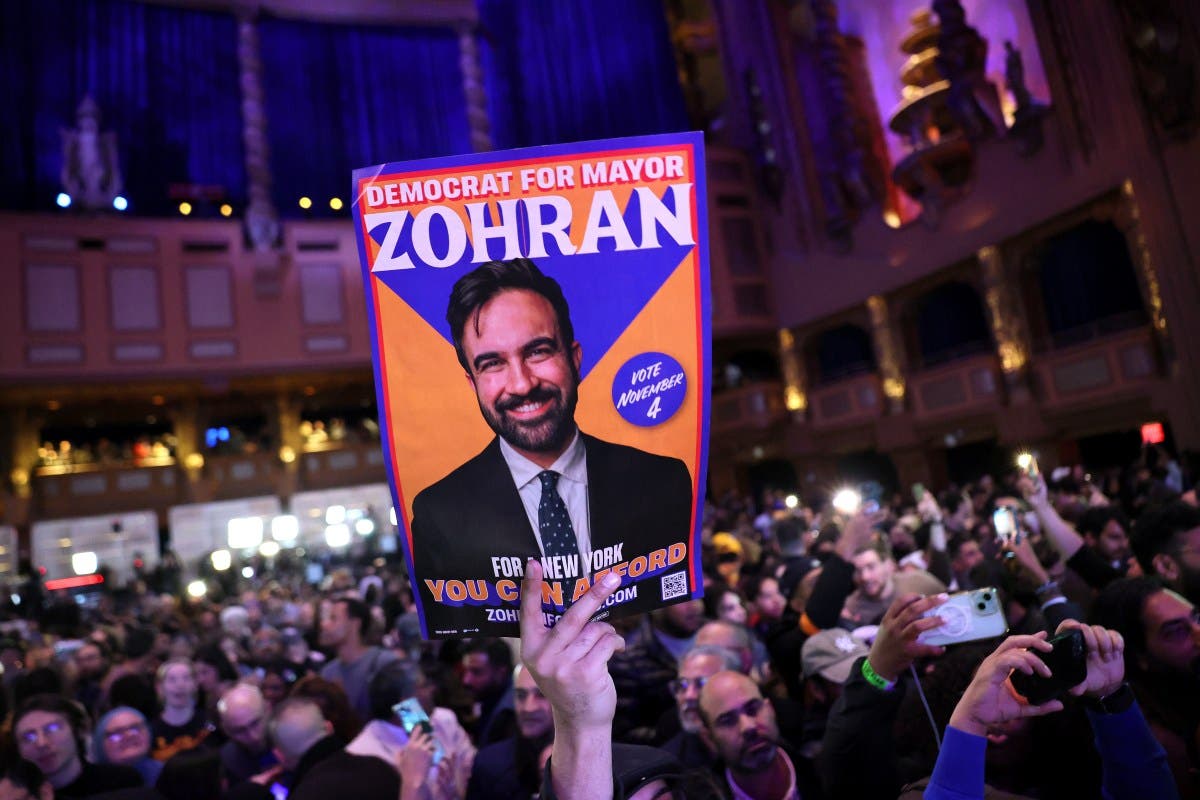UPDATE: Republicans are grappling with significant electoral losses as Democrats achieve surprising victories in key contests across the U.S. Just hours after the polls closed, it became clear that the GOP’s struggles stem from weak turnout and declining support among Latino voters, raising urgent questions about the party’s future without former President Donald Trump on the ballot.
In a stunning electoral night, Democrats flipped governorships in Virginia and New Jersey, won judicial races in Pennsylvania, and captured the mayor’s office in New York City. Former U.S. Representative Abigail Spanberger defeated Republican Winsome Earle-Sears, while Mikie Sherrill triumphed over Trump-backed Jack Ciattarelli in New Jersey. Spanberger’s victory, which focused on affordability and public safety, highlights a significant shift in voter sentiment.
Post-election analysis reveals that the GOP’s internal divisions are deepening, with officials acknowledging that turnout was significantly lower without Trump on the ballot. “Trump wasn’t on the ballot, and shutdown were the two reasons that Republicans lost elections tonight,” Trump stated on Truth Social following the results.
The party’s struggles were further highlighted in key Latino areas. In Passaic County, New Jersey, where 42% of the population is Hispanic, Democrats flipped a 3-point GOP lead from 2024 into a staggering 15-point win. In Manassas Park, Virginia, Spanberger won by an impressive 42 points, doubling the Democratic margin from the last election. Republican strategist Mike Madrid remarked, “This is the clearest sign I’ve seen of Latinos abandoning the GOP after Trump’s big gains in 2024.”
Republican candidates are experiencing increased scrutiny as some blame poor candidate quality and strategy for the defeats. “A bad candidate and bad campaign have consequences,” Trump adviser Chris LaCivita said, while others noted the absence of Trump on the campaign trail impacted voter turnout. “The people that love Trump would have been motivated by that,” said Andrew Kolvet of Turning Point USA.
Economic messaging appears to have faltered as well. Democrats like Spanberger and Sherrill effectively capitalized on economic moderation, distancing themselves from national ideological debates. “Trump and Republicans ran on lowering prices and fixing an economy that isn’t working,” stated Democratic strategist Doug Gordon. Meanwhile, Republicans leaned heavily on immigration and crime rhetoric but failed to resonate with suburban and Latino voters.
The GOP is now facing a critical juncture in its strategy, with some strategists suggesting that the party needs to address its inability to transfer Trump’s coalition to other candidates. Polling from CNN before the election revealed that 63% of Americans disapprove of Trump’s presidency, with 61% indicating that his policies have worsened the economy—an issue that voters cited across competitive states.
As the GOP reevaluates its approach, the emerging narrative is clear: without a strong unifying figure like Trump, they risk further alienating key voter demographics. The question looms large: Can the GOP regain its footing before the 2026 elections?
With Democrats solidifying their coalition and gaining crucial ground, Republican leaders will need to address these urgent challenges if they hope to reclaim lost support and navigate the upcoming electoral landscape.
Stay tuned for further updates on this developing story as the political landscape continues to evolve.



































































